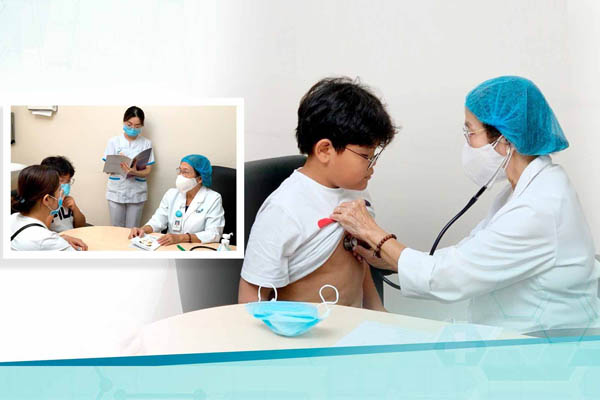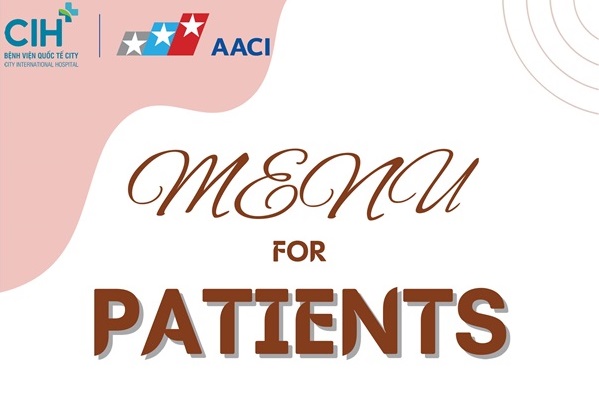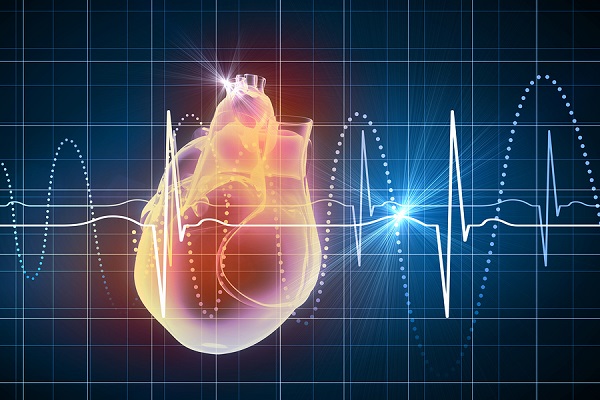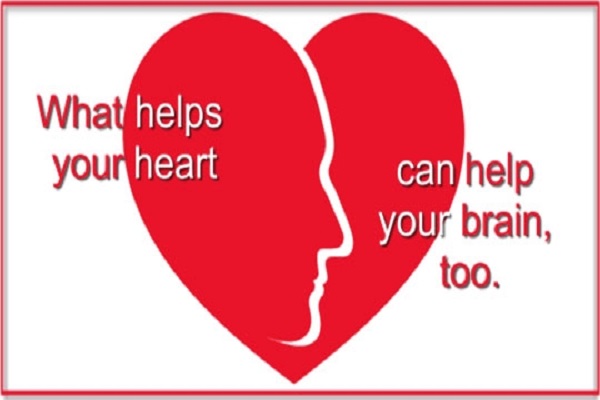A recent study investigates the relationship between cholesterol levels in young adulthood and cardiovascular risk in later life — with interesting recommendations for further research.

A recent study looks at the long term impact of high cholesterol levels.
Research has already well documented that high cholesterol levels can lead to heart disease, the leading cause of death in the United States, and stroke, the fifth leading cause of death.
Cholesterol is a fatty substance that the liver and foods we eat, such as eggs, cheese, and certain meat products produce.
Cholesterol is necessary for the body to function. However, too much "bad" cholesterol, which is also called low-density lipoprotein (LDL), can clog the arteries with a fatty buildup, increasing the risk of heart attack, stroke, or peripheral artery disease.
Scientists have also linked high total cholesterol to overweight, lack of exercise, smoking, and alcohol consumption.
More than 12% of adults in the U.S. aged 20 years and over have total cholesterol levels above 240 milligrams per deciliter (mg/dl), which doctors consider high. Of children and adolescents aged 6–19 years, some 7% have high total cholesterol.
High-density lipoprotein (HDL) is "good" cholesterol and helps to sweep LDL from the arteries back to the liver, which removes it from the body.

A long look at lipids
A new, comprehensive study, appearing in The Lancet, follows almost 400,000 people in 19 countries for up to 43.5 years (1970–2013). The findings shine a spotlight on the link between bad cholesterol (non-HDL) levels in people under 45 years of age and the long-term risk of heart disease and stroke.
Set apart from previous studies, this observational and modeling study, which looked at individual level data, suggests that elevated non-HDL cholesterol levels at a younger age can predict cardiovascular risk at 75 years of age.
The study used data from 38 studies carried out in the U.S., Europe, and Australia.
Of the nearly 400,000 individuals that the study followed, none had cardiovascular disease at the start. The scientists tracked the participants over decades and took details of any heart disease event, fatal or otherwise, or stroke.
In total, there were 54,542 incidents of heart disease, fatal or non-fatal, and stroke.
When researchers analyzed the data for all age groups and both sexes, they saw that the risk of heart disease or stroke dropped continuously as non-HDL levels dropped. In fact, those with the lowest non-HDL levels, — which the scientists defined as 2.6 millimoles (mmol) non-HDL cholesterol per liter — had the least risk.

Study suggests early intervention vital
The study confirmed that the level of non-HDL and HDL cholesterol in the blood played a significant part in predicting the risk of cardiovascular disease over time.
Researchers used data to create a model for people aged 35–70 years that could estimate the chances of a heart event by age 75 years. It factored in sex, age, non-HDL levels, and cardiovascular risk factors, such as blood pressure, BMI, diabetes, and smoking status.
It also examined how much one could lower risk if non-HDL cholesterol levels were a hypothetical 50% lower. Using this approach, the researchers saw the most significant reduction in risk in the youngest age group.
As an example, a male under 45 years of age has starting levels of non-HDL cholesterol of between 3.7–4.8 mmol per liter and at least two risk factors for cardiovascular disease; if the individual was to halve their levels of non-HDL cholesterol, they could reduce the risk from 16% to 4%.
A female with the same factors could reduce their risk from around 29% to 6%.
Using the same levels of non-HDL cholesterol in individuals of 60 years or more, males could reduce risk from 21% to 10%, and females from 12% to 6%.
The researchers suggest that intensive efforts to lower non-HDL cholesterol levels could reverse early signs of blocked arteries, which is known as atherosclerosis.
However, there was no clarity on how much slightly increased or seemingly normal cholesterol levels affected cardiovascular risk over a person's lifetime or at what level treatment recommendations should occur, especially in younger adults.
"The risk scores currently used in the clinic to decide whether a person should have lipid-lowering treatment only assess the risk of cardiovascular disease over 10 years, and so may underestimate lifetime risk, particularly in young people," notes the study's co-author, Prof. Stefan Blankenberg.
The authors say future research is needed to understand whether early intervention in younger people with low 10-year risk but high lifetime risk would have more benefits than later intervention.
A limitation of the study is that it may not apply to all regions or ethnic groups because its focus was on high income countries.
High cholesterol has no symptoms, and many people are unaware that they have high levels; however, doctors can check levels with a simple blood test.
For appointment or more information about the services provided by Cardiology Clinic, please contact:
- Nurse Station: (8428) 6280 3333, ext. 8241 or 8249
- Reception Desk: (8428) 6280 3333, ext. 8330
- Operator: (8428) 6280 3333, ext. 0
- Address: No. 3, 17A Street, Binh Tri Dong B Ward, Binh Tan Dist. (Next to AEON Mall Binh Tan). Ho Chi Minh City.
- Website: https://cih.com.vn/en/
- Email: This email address is being protected from spambots. You need JavaScript enabled to view it.

Disclaimer:
As a service to our readers, City International Hospital (CIH) provides access to our library of archived content. Please note the date of last review on all articles. No content on this site, regardless of date, should ever be used as a substitute for direct medical advice from your doctor or other qualified clinician.




































